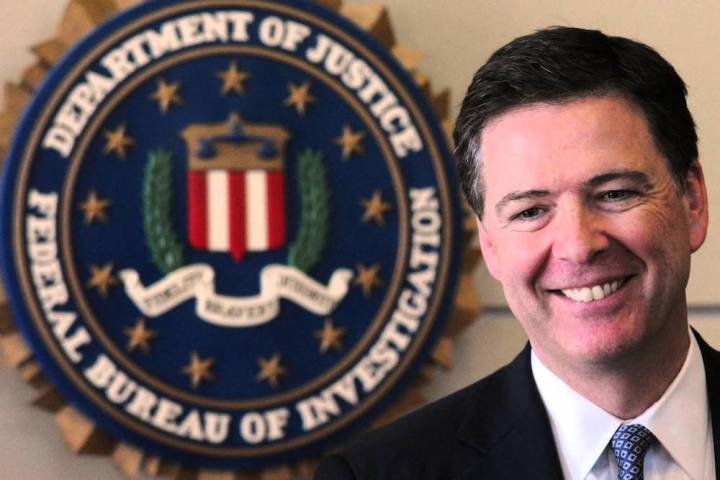
After a few choice comments from an interview with Cook went viral, FBI director James Comey said he doesn’t agree with Cook’s assessment that creating code to unlock Syed Farook’s iPhone would be the “software equivalent of cancer.”
“The code the judge has directed Apple to write works only on this one phone.”
“The code the judge has directed Apple to write works only on this one phone, and so the idea of it getting out in the wild and it working on my phone or your phone … is not a real thing,” Comey said in a House Intelligence Committee hearing focusing on worldwide threats.
Comey bases his argument on the fact that Apple was able to unlock iPhones before 2014 and he doesn’t “remember any code getting out that let that ability loose upon the land.”
The battle between Apple and the FBI may only be in its infancy, but Comey already recognizes it as “the hardest question I’ve seen in government.” He believes the FBI has two roles to play regarding the San Bernardino case: conducting an investigation into the terrorist attack and ensuring that people understand “the costs associated with universal strong encryption.”
He said he loves encryption, but law enforcement “really does save people’s lives, rescue kids [and] rescue neighborhoods from terrorists … and we do it a whole lot through search warrants of mobile devices.”
However, there are “increasing situations where we cannot with lawful court orders read the communications of terrorists, gang-bangers, pedophiles, all different kinds of bad people. If we’re going to move to a world where that is not possible anymore, the world will not end, but it’ll be a different world than where we are today.”
While many pundits argue the FBI has the means of unlocking Farook’s iPhone, Comey reiterated that’s not the case. He said any suggestions of the such are “the product of people watching too many TV shows.”
Director of National Intelligence James Clapper, CIA Director John Brennan, and NSA Deputy Director Rick Ledgett testified alongside Comey.
Ledgett stressed the importance of retrieving information beyond “metadata” such as a user’s location or whom they have called. “It’s one thing to know that a person is in a particular place at a particular time,” Ledgett said. “It’s something else entirely — and necessary to understanding and defeating terrorist plots — to know what the target is, what the timing is, how the attack is going to develop.”


